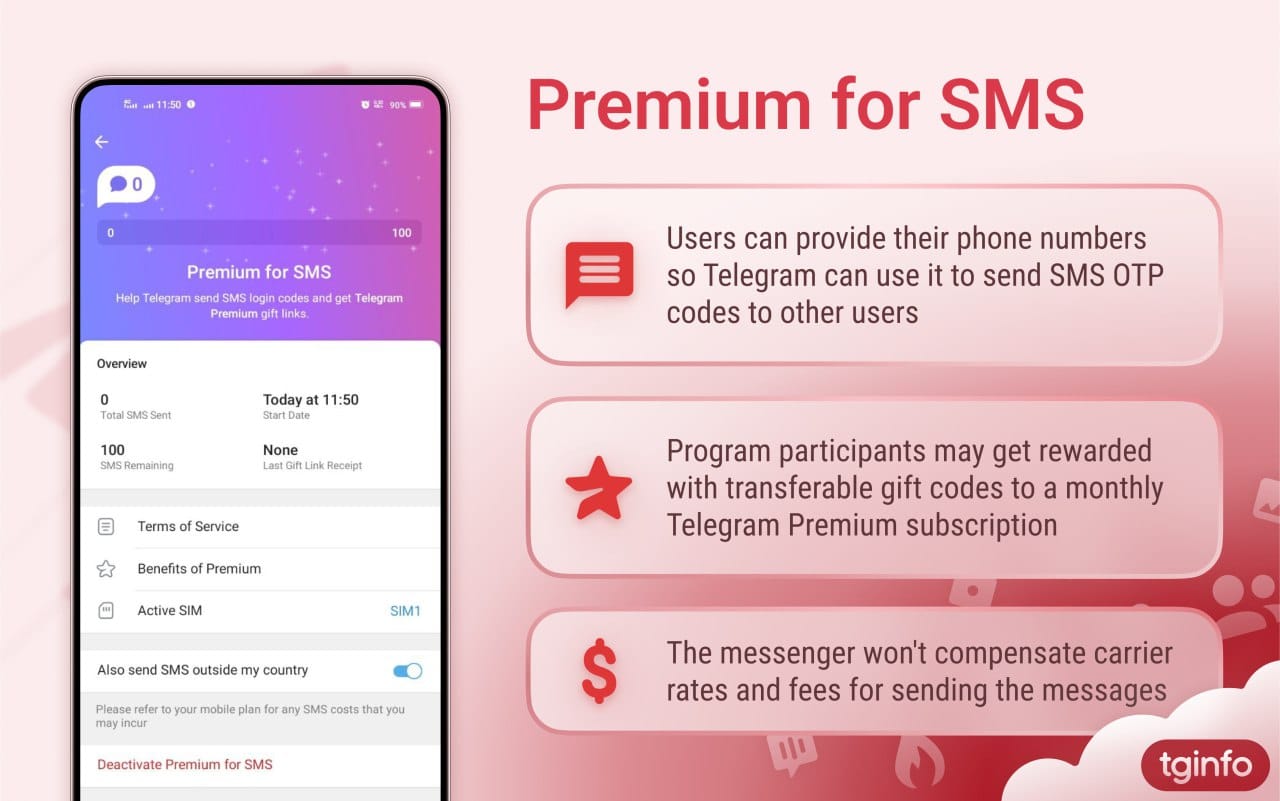Telegram is giving away free premium subscription, but you shouldn’t get it
Telegram is giving free premium subscription to users who opt-in to the Peer-to-Peer login program. While it may seem lucrative at first, the program has several red flags and is a huge privacy nightmare.
 Telegram's P2PL is currently available for Android users in some regions. (File Photo)
Telegram's P2PL is currently available for Android users in some regions. (File Photo)Telegram, the privacy-focused instant messaging platform is testing a new way that lets users earn a month of free premium subscription. The company recently introduced a new ‘Peer-to-Peer’ login (P2PL) program that allows users to volunteer their phone number to send SMS login codes to others in exchange for a premium subscription.
Once you opt-in to the program, Telegram says it will use your phone number to send up to 150 SMS with OTPs to users who are logging in to the platform. In return, users will get a gift code that offers one month of premium subscription. As of now, it is available to a handful of Android users in limited regions, with Telegram saying the program will make it easy for users in certain to receive login codes.
However, any charges incurred from network providers will have to be beared by the user itself with Telegram explicitly stating that they “will not provide a reimbursement at any point, during or after your participation in P2PL.”
 (Image Source: TGInfo English/Telegram)
(Image Source: TGInfo English/Telegram)
Why is it a privacy nightmare?
At first glance, the program may sound like a quick and easy way to save money, but Telegram says that your phone number will be visible to the recipient every time it’s used to send an OTP.
Telegram’s terms and conditions page also makes it clear that the company “will not be liable for any inconvenience, harassment or harm resulting from unwanted, unauthorized or illegal actions undertaken by users who became aware of your phone number through P2PL.”
It goes on to say that the program aims to protect the OTP sender’s privacy, but there seems to be no way to prevent recipients from seeing and contacting your phone number. This means your phone number might be exposed to strangers and eventually you might get a lot of texts and spam calls from random numbers.
Another reason why this is a really bad idea is that participants might face issues or additional changes with mobile providers as they might violate the terms of usage. If you don’t care about network fees or your number being distributed and visible to more than a hundred ran







